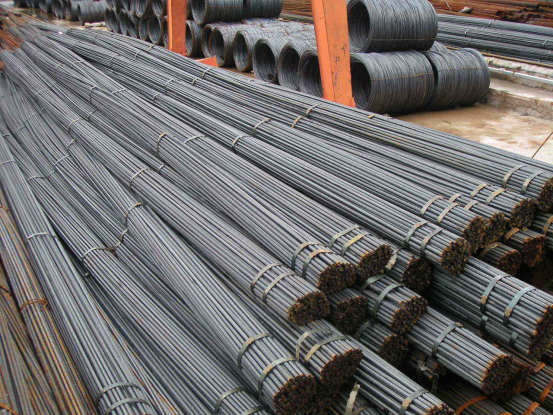Understanding Rebar and Its Core Characteristics
Rebar, short for reinforcing bar, is a crucial component in the construction industry, providing tensile strength to concrete structures. Made primarily from steel, rebar is designed to withstand the stresses and strains that buildings, bridges, and other infrastructures endure over time. One of the core characteristics of rebar is its ribbed surface, which enhances the bond between the rebar and the concrete, ensuring that they work together effectively. This ribbed rebar is particularly advantageous as it prevents slippage and increases the overall durability of the structure.
Technical Parameters and Specifications of Rebar
When it comes to rebar production, understanding the technical parameters and specifications is essential for any construction project. Rebar is available in various grades, sizes, and lengths, with the most common grades being Grade 40, Grade 60, and Grade 75. The diameter of rebar typically ranges from 3/8 inch to 1 inch, and it can be produced in lengths of up to 60 feet. The specifications also include yield strength, which is the amount of stress that can be applied before the rebar deforms. Jindalai Steel Group Co., Ltd., a leading rebar manufacturer, adheres to international standards to ensure that their products meet the rigorous demands of the construction industry.
The Production Process of Rebar
The production process of rebar is a fascinating journey that begins with raw materials, primarily iron ore and scrap steel. The process starts with melting the raw materials in a furnace, followed by casting them into billets. These billets are then heated and rolled into the desired shape and size. The final step involves cooling and cutting the rebar to specified lengths. Jindalai Steel Group Co., Ltd. employs advanced technology and quality control measures throughout the production process to ensure that their ribbed rebar meets the highest standards of quality and performance.
Application Areas of Rebar
Rebar finds its application in a wide range of construction projects, making it an indispensable material in the industry. From residential buildings to commercial skyscrapers, bridges, and highways, rebar is used to reinforce concrete and enhance its structural integrity. Additionally, it is utilized in precast concrete products, such as walls and slabs, as well as in foundations and retaining walls. The versatility of rebar allows it to be adapted for various construction needs, making it a go-to choice for engineers and architects alike.
Conclusion: The Importance of Choosing the Right Rebar Manufacturer
In conclusion, rebar is more than just a steel rod; it is the backbone of modern construction. Understanding its core characteristics, technical specifications, production process, and application areas is vital for anyone involved in the construction industry. When selecting rebar for your projects, it is essential to choose a reputable manufacturer like Jindalai Steel Group Co., Ltd. Their commitment to quality and innovation ensures that you receive the best ribbed rebar available, providing the strength and durability your structures need. So, the next time you see a towering building or a sturdy bridge, remember that rebar is silently holding it all together!
Post time: Sep-03-2025









